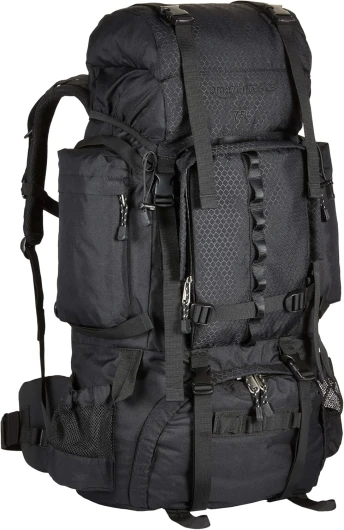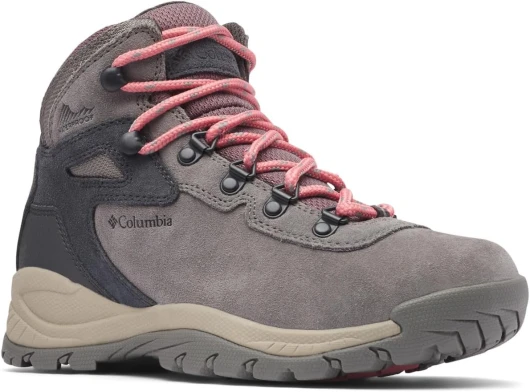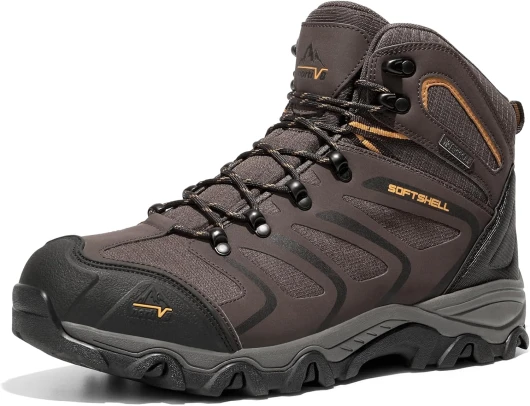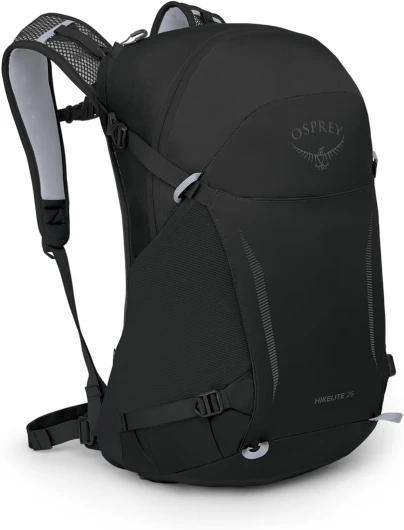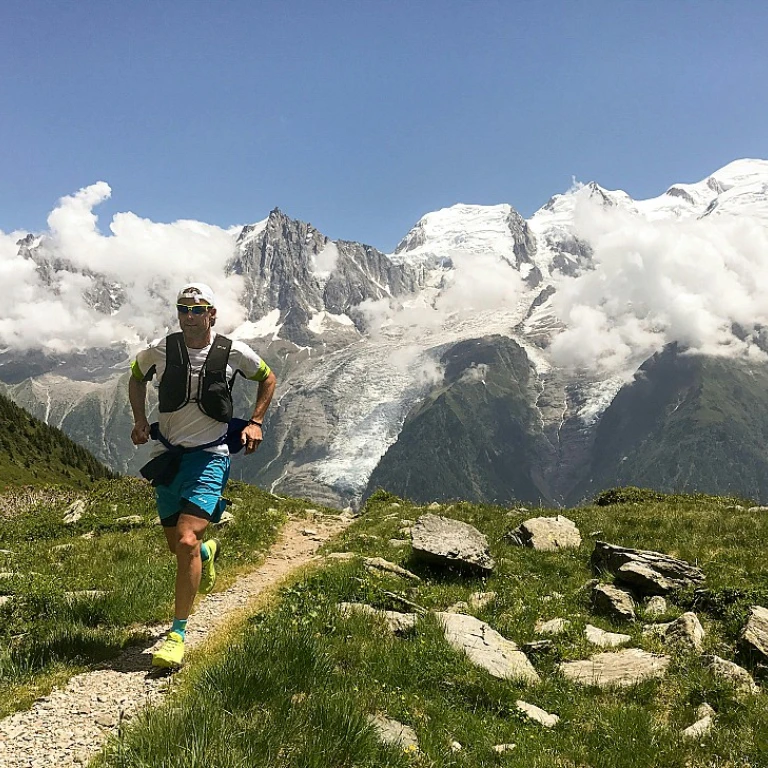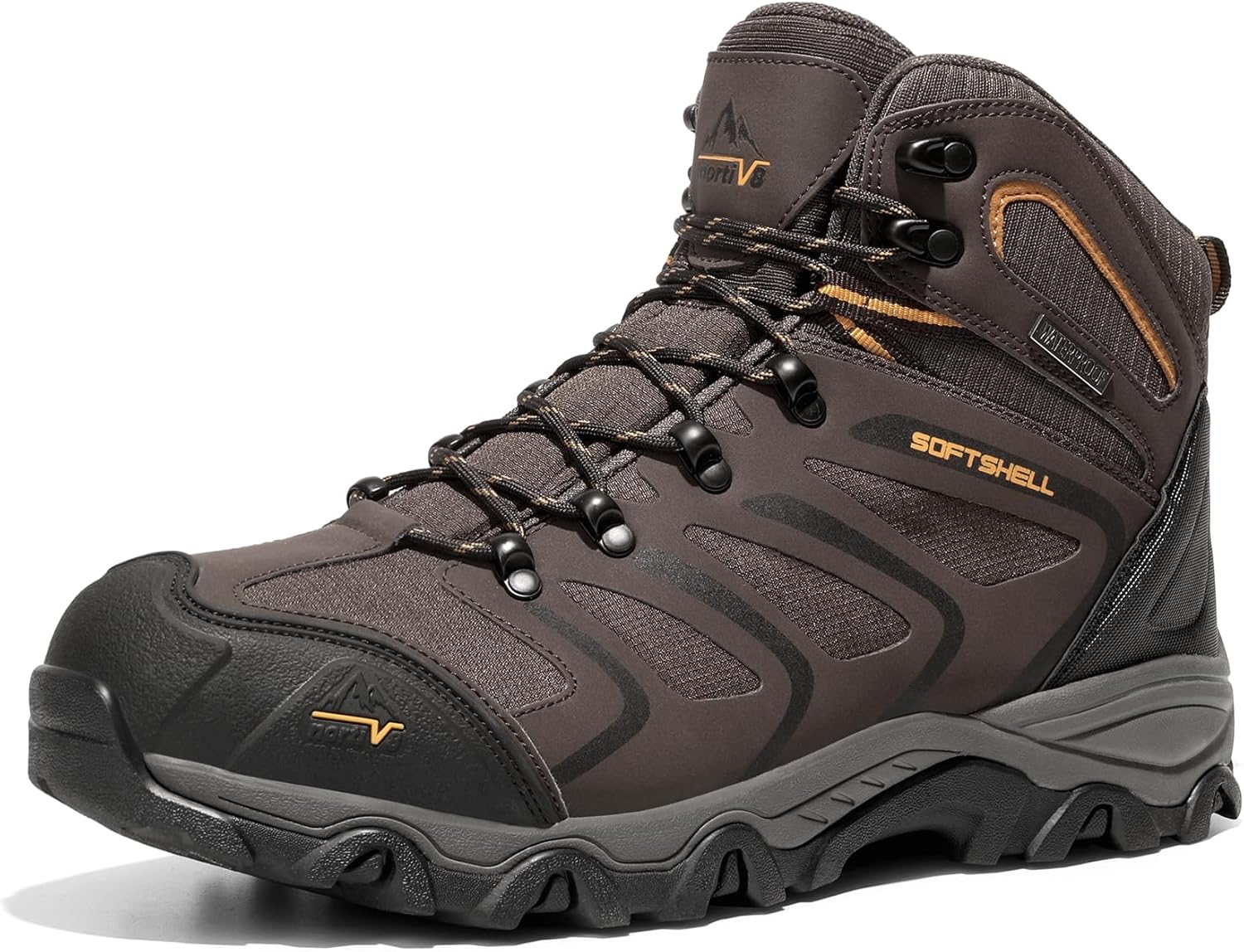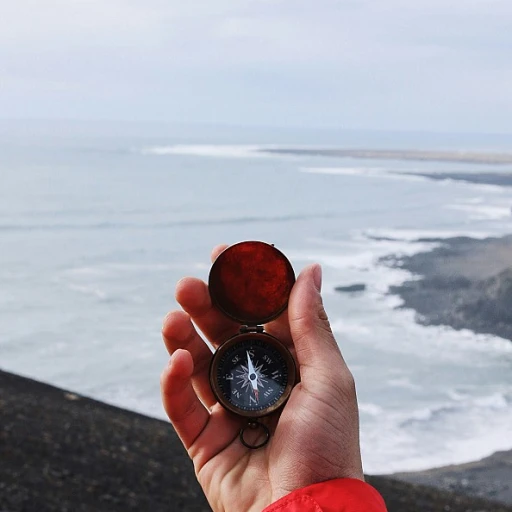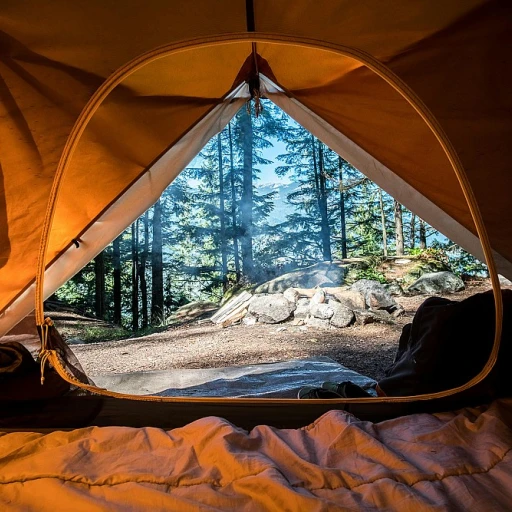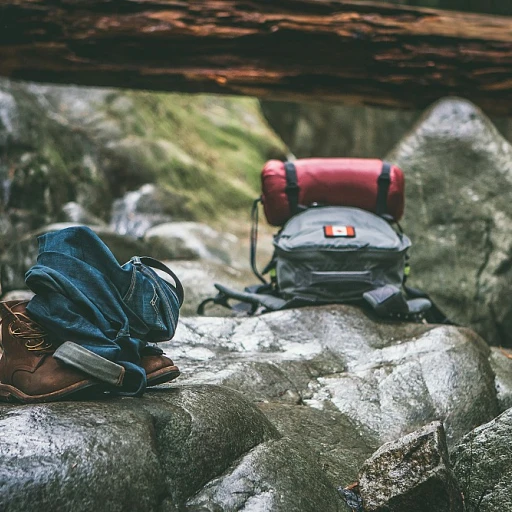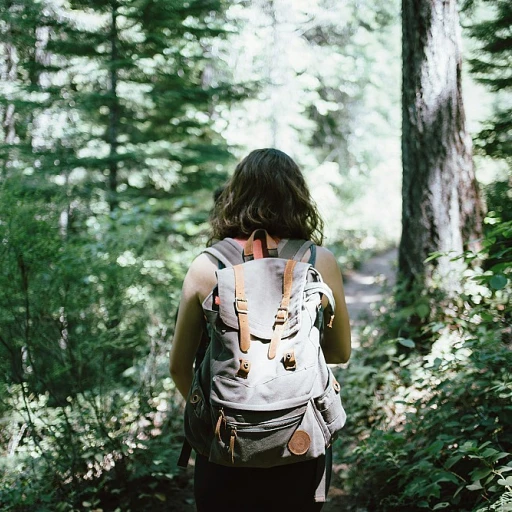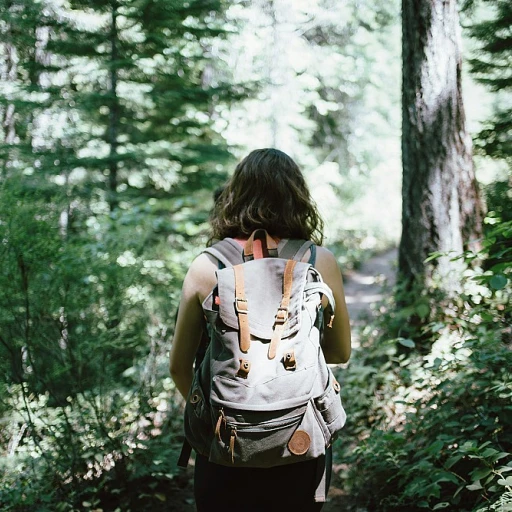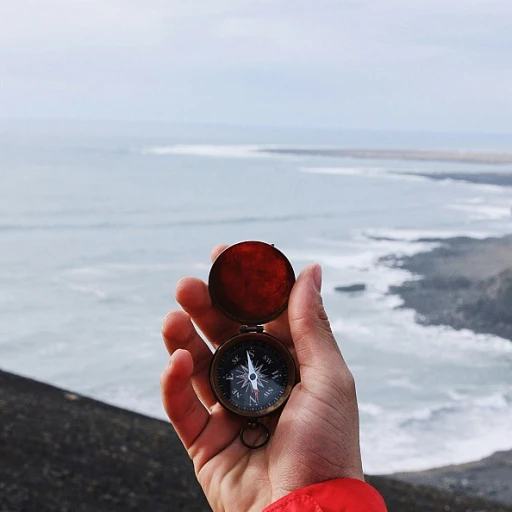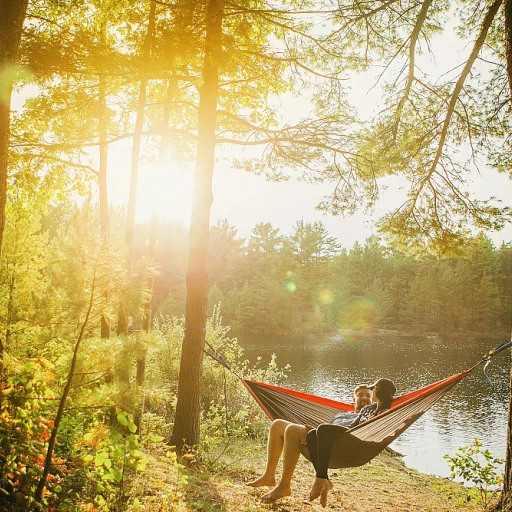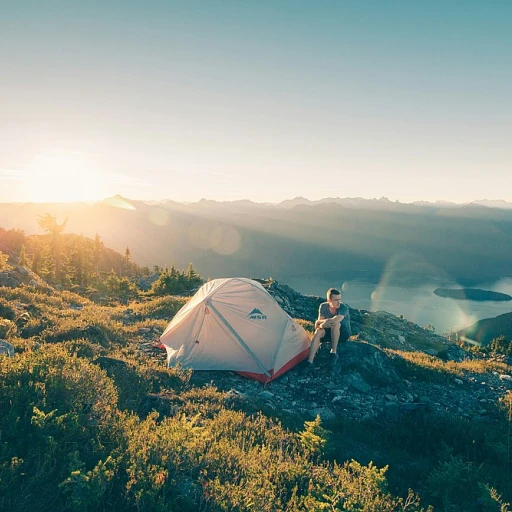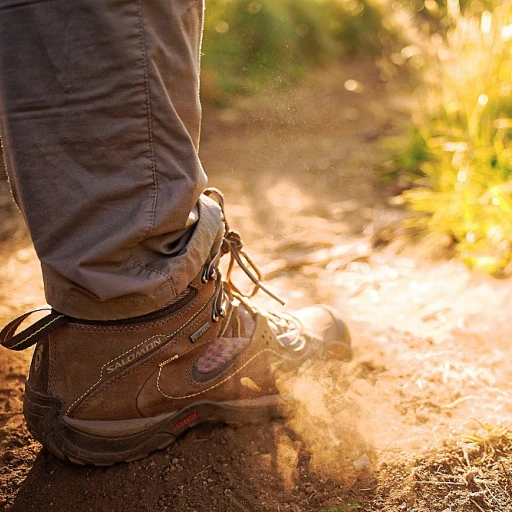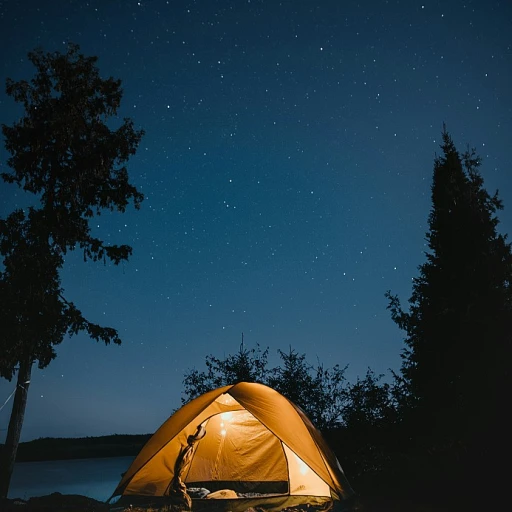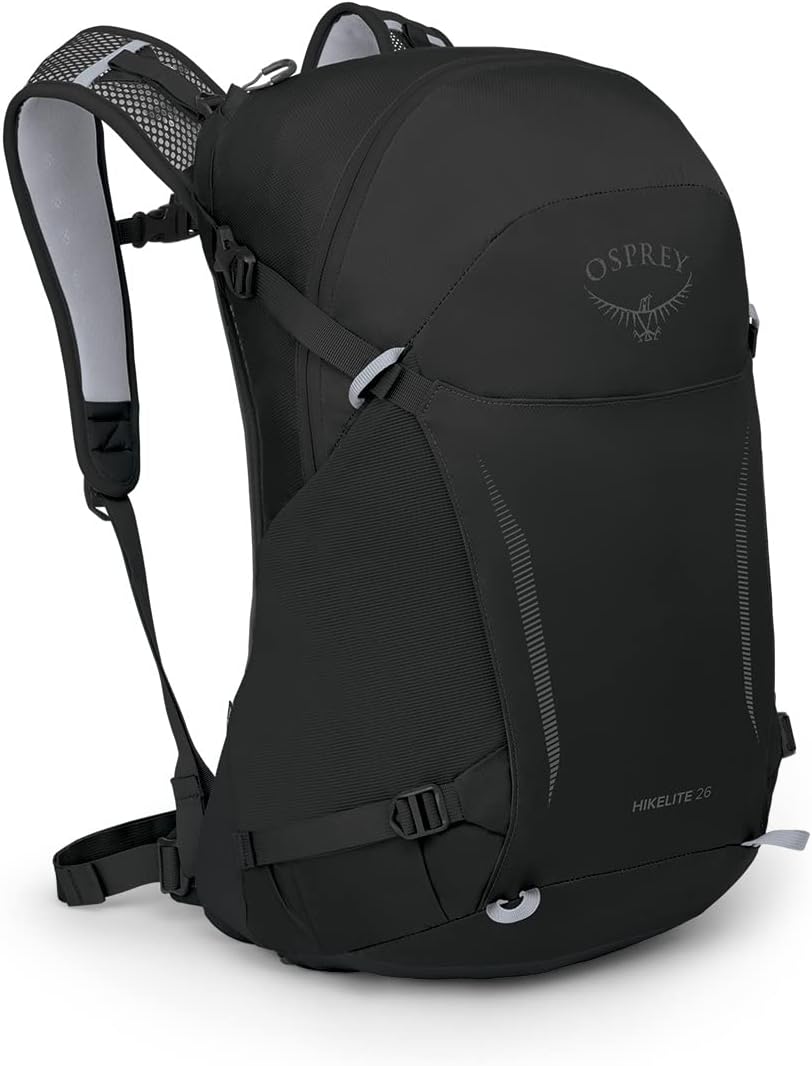
Understanding the Terrain of Colorado
Get Acquainted with Colorado's Diverse Terrain
Colorado's landscape is nothing short of a hiker's dream, offering a wide range of terrains that cater to both beginners and seasoned adventurers. The state's majestic mountains, verdant forests, and stunning lakes create a tapestry of trails that vary significantly in elevation, difficulty, and views. Colorado's elevation provides not only breathtaking vistas but also unique challenges. The elevation gain on many trails can be demanding, and it's essential to understand the impact of altitude, particularly if you are not acclimatized. Hiking trails in areas like the Maroon Bells or around Crested Butte offer great views but can be challenging due to the steepness and the possible requirement for altitude adjustment. From easy hikes for those just dipping their toes into the world of hiking, to rugged mountain passes that test even the fittest, Colorado's trails have it all. The state parks feature both leisurely loop trails and strenuous hikes up rocky terrain, all waiting to be explored. Navigating the varying difficulty levels requires a good understanding of the trailheads and their specific conditions. For instance, some trail locations offer dog friendly trails, while others, like those in certain sections of national parks, may not. It's also wise to consider the parking lot conditions, as some trailheads have limited parking, especially in high-traffic areas. Ample planning is key, especially when tackling harder trails where higher difficulty lies. Depending on the trails you choose, you may encounter lake trails, long distance miles, or hikes with moderate difficulty under specific weather conditions. For those eager to experience these spectacular hiking destinations, adding Acclimatization Time would greatly enhance your overall hiking adventure. Understanding the terrain you are set to explore helps you prepare effectively, ensuring a safe and enjoyable hike in Colorado’s great outdoors. Embarking on journeys such as these can amplify your appreciation of nature and its wonders. Explore the wonders of camping in Moab for insights on adventurous trails.Choosing the Right Hiking Boots for Colorado Trails
Choosing Boots That Match the Colorado Challenges
Hiking in Colorado offers incredible opportunities for outdoor exploration thanks to its varied terrain and stunning views. Selecting the right hiking boots is pivotal for a successful trek through the state's magnificent landscapes. From the flat, dog-friendly trails near lakes to the intense climbs in the mountain ranges, your choice of footwear can make all the difference.
Consider the following factors when choosing boots for your Colorado hikes:
- Trail Type: For the easy lake trails with minimal elevation gain, lightweight boots that focus on comfort might suffice. However, on longer mountain trails with considerable elevation gains, sturdier boots providing ankle support are recommended.
- Weather Conditions: Colorado's weather can vary significantly by location and time of year. Waterproof boots are essential during wet season hikes or when tackling trails with potential for snow, as seen in places like the Maroon Bells.
- Trail Length and Difficulty: For easy or moderate difficulty trails, like those around Crested Butte, a pair of boots with a moderate grip will generally be sufficient. On more challenging trails with rocky surfaces, prioritize boots that offer excellent traction and durability.
- Hiking Duration: If you plan on multiple back-to-back hikes or long-distance treks, ensure your hiking boots are broken in and designed for long-term comfort. Consider the weight of the boots as well, as heavier boots may be more cumbersome over extended trails.
Choosing the right boots can enhance your hiking experience by offering the necessary support, stability, and protection tailored to the trail location, ensuring you enjoy all that Colorado has to offer safely and comfortably.
Essential Gear for Colorado Hiking
Must-Have Gear for Your Colorado Adventure
When planning a hike through Colorado's majestic landscapes, bringing the right gear can make a world of difference. Not only will it enhance your comfort, but it can also play a crucial role in ensuring your safety as you explore the stunning trails, whether you’re in the serene beauty near Crested Butte or the awe of Maroon Bells.- Appropriate Apparel: Layering is key in Colorado, where weather conditions can change rapidly. Start with moisture-wicking base layers for sweat management and add insulating layers depending on the trail's elevation or difficulty. A waterproof outer shell is essential to protect against unpredictable weather.
- Backpack Essentials: Choose a lightweight backpack with enough space for water, snacks, a simple first-aid kit, and navigation tools. For longer or more challenging hikes, include a map or GPS device for accuracy in trail location.
- Hydration and Nutrition: You're likely to experience high elevation gain on many hikes. Staying hydrated is critical in Colorado's mountains, so always carry more water than expected. Trail mix, energy bars, and easy-to-eat snacks will keep your energy up as you enjoy the great views.
- Safety Items: A basic first-aid kit, a multi-tool, and a fire starting kit are invaluable. Extend your hikes Colorado experience into the evening by carrying a headlamp or flashlight, ensuring a safe return to the trailhead.
- Footwear: Proper hiking boots are essential to ensure safety and comfort over Colorado's varied terrains. With differing degrees of difficulty, from easy and dog friendly paths to trails boasting challenging elevation gain, select well-fitting boots specific to your intended trail difficulty. For more insights on selecting the right boots, explore the choosing the best hiking boots for you guide.
- Protection Against Elements: Sunglasses, sunscreen, and a hat will shield you from the intense sun exposure at higher elevations. Remember, conditions such as those found on a trail location overlooking Blue Lakes can be particularly strong.
Top Hiking Trails for Beginners
Ideal Colorado Hiking Trails for Beginners
Exploring the great outdoors in Colorado doesn't have to be a daunting task. There are plenty of hiking trails perfect for those who prefer a more relaxed journey with stunning views.
For a delightful introduction to hiking, the Bear Lake Trailhead in Rocky Mountain National Park offers an easy loop trail. The trail distance is just under one mile, with minimal elevation gain. This trail presents a scenic walk around the lake with some of the best views of the surrounding mountains.
Another excellent choice is the Sprague Lake Trail, also located in Rocky Mountain National Park. This trail offers a serene, dog-friendly environment perfect for a family outing. The trail is just under a mile long, with easy accessibility, flat terrain, and breathtaking reflections of the mountains in the water.
For those looking for something slightly more challenging, the Gem Lake Trail in Estes Park offers a 3.5-mile hike with moderate difficulty. The trail rewards hikers with a unique view of an alpine lake nestled in the rocks. Be prepared for some elevation gain but rest assured that the captivating scenery is worth every step.
Crested Butte State Park is also home to several beginner-friendly hiking trails. The Slate River Trail offers easy paved paths alongside enchanting views of the river and surrounding flora. With convenient parking and proximity to the trailhead, this hike is a must-visit for nature enthusiasts.
For a more immersive experience in Colorado's wilderness, consider venturing to the Blue Lakes Trail near Ridgway. While it may be a bit longer at around 6.3 miles, the gradual elevation gain and rewarding vistas make it a memorable hike for beginners looking to push their boundaries slightly.
Beginner trails in Colorado are perfect for those who want to savor the beauty of nature without pushing their limits. From serene lake trails to gentle mountain paths, these hikes provide the ideal introduction to Colorado's captivating landscapes.
Challenging Trails for Experienced Hikers
Pushing Your Limits: Advanced Trails in Colorado
For seasoned hikers craving a challenge, Colorado offers an array of demanding trails guaranteed to elevate your experience. As you consider these challenging hikes, remember the importance of understanding the terrain and selecting appropriate hiking boots, top priorities on any adventure.- Maroon Bells: Renowned for their beauty, these iconic peaks near Aspen provide some of the best panoramic views. The loop trail encompasses breathtaking landscapes, but be prepared for significant elevation gains and challenging trails over several miles.
- Crested Butte: Known for its vibrant wildflower displays, the trails in this region vary from moderate to difficult. The high elevations and steep inclines require durable gear and a steady pace. Dog-friendly options are available here, but awareness of park regulations is crucial.
- Blue Lakes Trail: Situated in the Mount Sneffels Wilderness, the Blue Lakes offer adventure seekers the chance to trek towards stunning azure waters surrounded by towering peaks. The hike's difficulty includes both the distance miles and challenging elevation gains, rewarding with mesmerizing views.
- Mount Elbert: The highest peak in the Rockies stands as a monument to perseverance. The trailhead often teems with eager climbers aiming to conquer the summit. Parking can be limited, so arriving early is advised. The route is demanding, testing stamina and skill over considerable miles.
- Great Sand Dunes National Park: Although sand dunes may not initially conjure images of traditional trails, the park offers a thrilling challenge. The hike up the dunes is a full-body workout, made difficult by loose sand and unpredictable elements.
Safety Tips for Hiking in Colorado
Prioritize Safety on Your Hike
Hiking in Colorado presents unique challenges, from unpredictable weather to varying trail conditions. Ensuring safety should always be a top priority. Prepare thoroughly and follow essential guidelines to make your adventure enjoyable and hazard-free.- Check Weather Conditions: Weather in mountainous areas can change rapidly. Always check the local forecast before heading out, particularly when exploring trails with significant elevation gain like those near the Maroon Bells.
- Stay on Marked Trails: Although hiking off the beaten path might be tempting, it increases the risk of disorientation. Stick to marked trails, especially in vast areas like Crested Butte or Colorado's state parks.
- Leave No Trace: Keep the trails pristine by adhering to the Leave No Trace principles. Dispose of waste properly and be cautious not to disturb the natural environment.
- Communicate Your Plan: Inform friends or family of your intended trail location and expected return. If you're venturing on longer hikes with challenging difficulty or higher elevation gain, like those in the national park areas, this becomes even more critical.
- Carry Essential Gear: As discussed earlier, packing the right gear is vital. This includes a map, compass, first aid kit, and enough water. Gear for hikes based on their difficulty, from easy lake trails to moderate distance miles treks, can make a difference.
- Be Wildlife Aware: Colorado's trails are home to diverse wildlife. Be aware of your surroundings and keep a safe distance from animals. This is particularly true in areas famous for great views and abundant wildlife.
- Monitor Your Health: Altitude sickness is a common issue for hikers not acclimated to Colorado's high elevation trails. Recognize symptoms and descend if necessary to a lower elevation to recuperate.
- Plan Your Parking: Popular trailheads often have limited parking. Make a plan for busy areas, like the Blue Lakes, and consider arriving early to secure a spot close to the trail.

